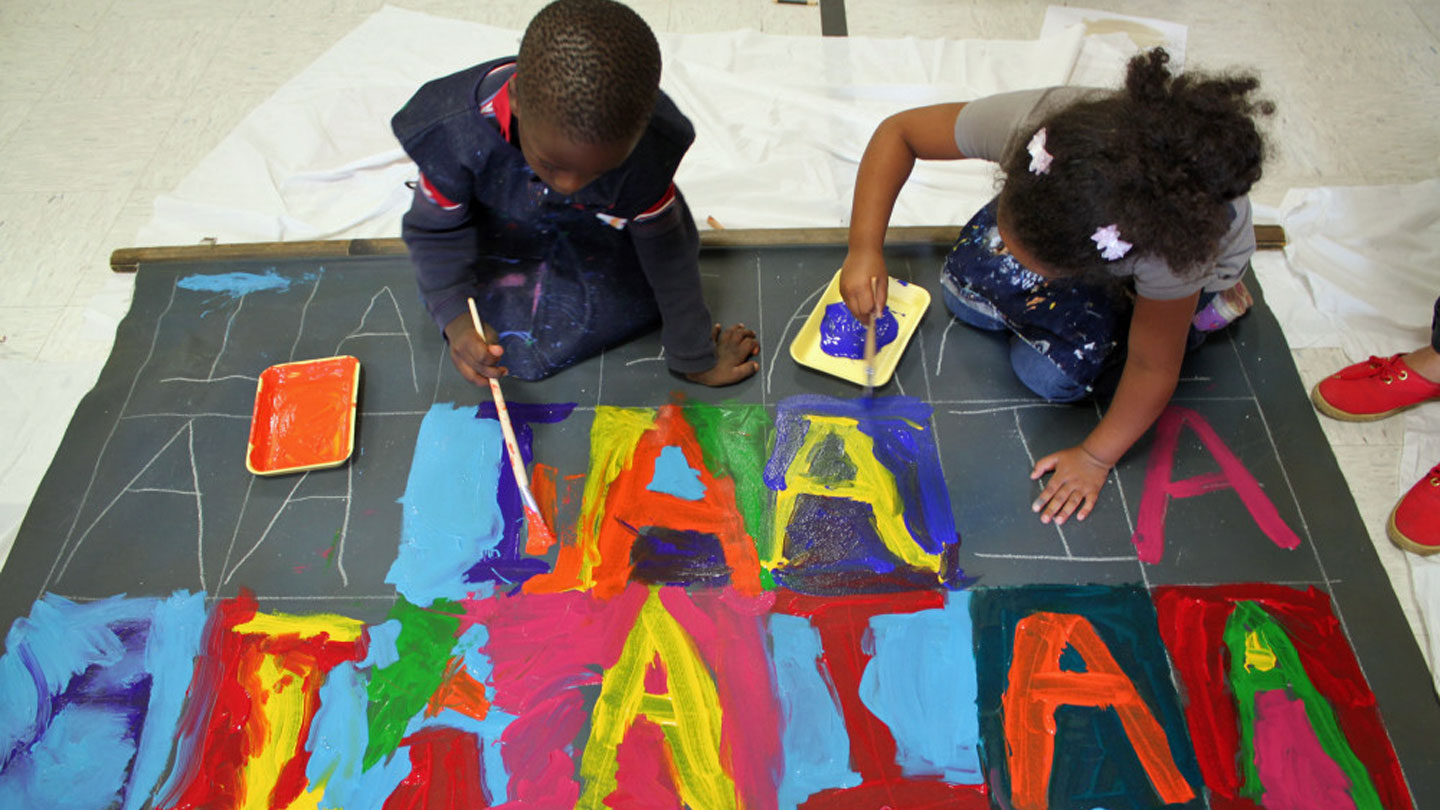Mamas, Don’t Let Your Babies Grow Up to Be Ryan Lochte | the becoming radical:
Mamas, Don’t Let Your Babies Grow Up to Be Ryan Lochte
At our faculty retreat focusing on diversity, a few lessons grew spontaneously from the keynote and related break-out sessions.
One lesson at the individual level exposed blind spots among faculty related to how language offends, the relationship between intent and impact, and a not-so-veiled resistance to listening and then acting on expanding diversity through culturally responsive behavior among faculty with privilege.
Another lesson at the systemic level was a confrontation of the chasm between words and action: what we say matters, but what we fund and how we act ultimately determine if those words are veneer or genuine principles.
My university is a selective liberal arts college that is a microcosm of the larger tensions of culture and diversity facing the U.S.
White heterosexual male privilege dominates (and even fuels) both our wider society as well as any insular community or institution within our society. James Baldwin deconstructed throughout his career how whiteness and blackness inform each other while whiteness seeks always to keep itself central to the American Way.
Now, I do not know what white Americans would sound like if there had never been any black people in the United States, but they would not sound the way they sound….
The brutal truth is that the bulk of white people in American never had any interest in educating black people, except as this could serve white purposes. It is not the black child’s language that is in question, it is not his language that is despised: It is his experience. A child cannot be taught by anyone who despises him, and a child cannot afford to be fooled. A child cannot be taught by anyone whose demand, essentially, is that the child repudiate his experience, and all that gives him sustenance, and enter a limbo in which he will no longer be black, and in which he knows that he can never become white. Black people have lost too many black children that way.
Today, for example, as #BlackLivesMatter rose out of tragedy after tragedy, the narcissism of whiteness has created a backlash that demands attention to how working-class whites have suffered. And then, on a smaller scale, during the 2016 Rio Olympics—a time ripe with amazing accomplishments by black athletes from the U.S.—we have been handed Ryan Lochte, a case of arrested development as a consequence of privilege.
















